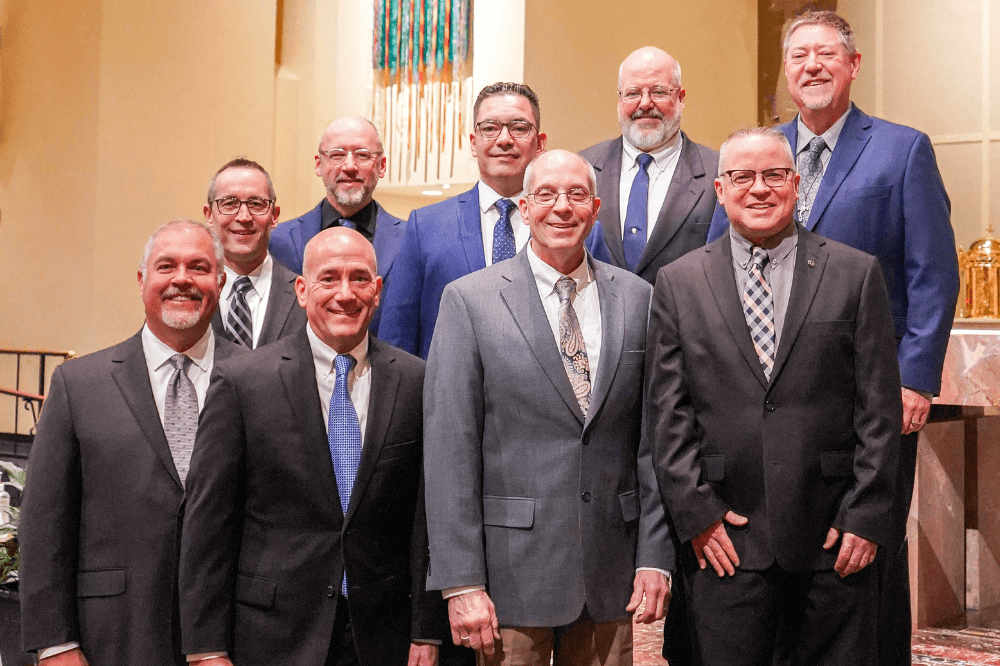
The Week of Prayer for Christian Unity is an effort of the Vatican’s Dicastery for Promoting Christian Unity and the World Council of Churches. It begins on Jan. 18, the feast of the Confession of Peter (“Thou art the Christ, the Son of the Living God” Matthew 16:18), and concludes on Jan. 25, the feast of the Conversion of Paul.
The theme for 2024 is “You shall love the Lord your God … and your neighbor as yourself.” (Lk 10:27).
The International Week of Prayer has a 112-year history in which Christians around the world have taken part in an octave of prayer for visible Christian unity. The Week of Prayer invites the whole Christian community throughout the world to pray in communion with the prayer of Jesus “that they all may be one.” (John 17:21)
USCCB Resources for the Week of Prayer for Christian Unity 2024
A Brief History of the Week of Prayer | Observing the Week of Prayer (Graymoor Ecumenical and Interreligious Institute)
Ways to pray and local events:
Pray daily throughout the week with the Cathedral of Saint Andrew
Visit and follow the Cathedral on Facebook beginning Jan. 18, or view/download the prayer guide.
Prayer of peace in the Spirit of Taizé
St. Mary Church, Grand Rapids. Details: http://www.prayerofpeacegr.org/
Father Dat Tran, CSP, pastor of the Cathedral of Saint Andrew, on observing the Week of Prayer:
As we celebrate the annual Week of Prayer for Christian Unity, let us be mindful of St. Paul’s teaching to the Ephesians on fostering unity:
- Be humble. Humility allows us to see that we are not better or less than anyone else. We are all sinners, yet also beloved by God.
- Be gentle. Gentleness flows from those who realize how completely dependent they are on God. When we realize how gentle God has been with us who are not perfect, we can begin to be gentle and compassionate with others, even those whom we have big disagreements with.
- Be patient. Being patient means being quick to listen, slow to speak, and slow to anger.
- Be forbearing. We may not like to hear it, but we are called to put up with one another. The world is quick to dismiss those who are annoying or too opinionated. Yet as Christians, Christ commands us to “love [our] neighbor as [ourselves]”. There is no exception clause.
Additional resources:
Ecumenical and Interreligious Affairs (USCCB)
Pontifical Council for Promoting Christian Unity (Vatican)
Graymoor Ecumenical and Interreligious Institute
World Council of Churches



